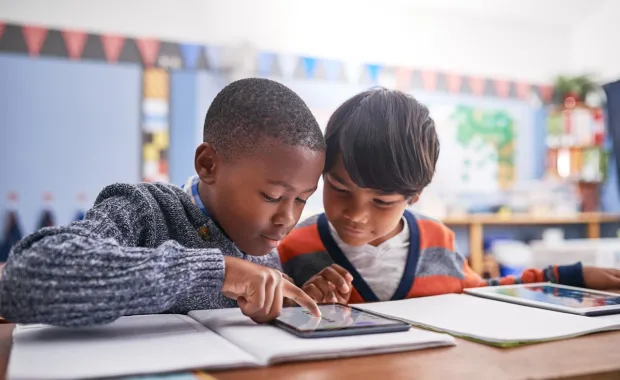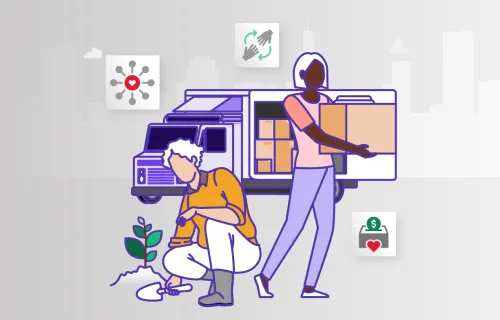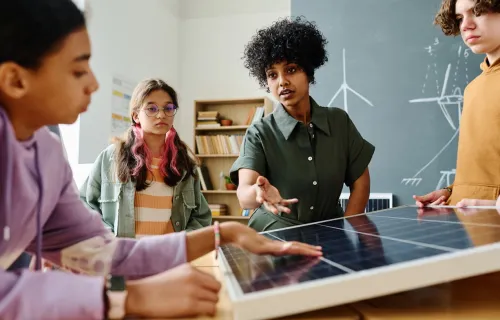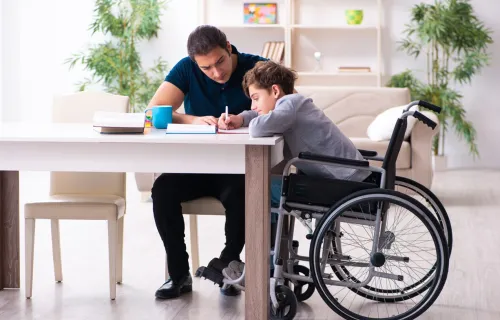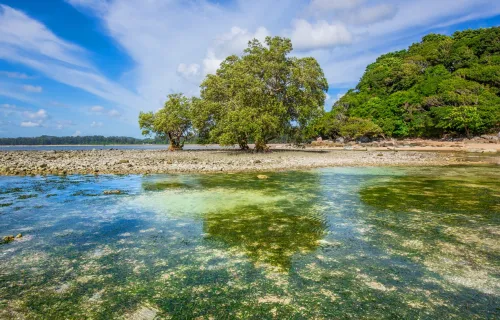At CGI, we use gamification to help students understand the importance of sustainability and how they can positively impact the environment. Gamification offers an enjoyable way to change perceptions of environmental stewardship from a duty to meaningful action.
By incorporating game design elements like points, badges and challenges, gamification makes learning about environmental issues more enjoyable for young people. This approach encourages behavioral change, simplifies complex topics and fosters community engagement—all leading to environmental action and real-world impact.
CGI Partners have implemented several gamification initiatives across our geographies, including:
Canada: Carbone Scol’ERE teaches students about environmental challenges
In Canada, we partnered with Coop FA, a nongovernment organization (NGO) that deploys educational solutions to foster eco-responsible commitment and contribute to a sustainable society. Together, we developed Carbone Scol’ERE, a website that teaches primary school students in Quebec about environmental challenges and sustainability practices through fun, interactive games.
Launched in January 2023, the program encourages young people to take action and adopt lasting eco-friendly behaviors and lifestyle habits that continue into adulthood. CGI Partners contributed over 3,000 pro-bono hours to the design and development of this unique program.
India: Eco-Champs LMS inspires students to adopt eco-friendly practices
In India, we support Bhumi, an NGO dedicated to social change through education, with their Eco-Champs Learning Management System (LMS). The virtual awareness program educates over 1,200 Indian students from grades 6 to 9 about sustainable living. It offers engaging lessons, hands-on activities and community-based initiatives that inspire students to adopt eco-friendly practices.
CGI Partners share their technological expertise and facilitate projects to influence students and their communities positively. The initiative, introduced in 2022, aims to evolve by integrating additional gamification and involving more schools.
Slovakia: EKO Olympiada increases access to environmental knowledge
In Slovakia, we collaborated with Planet Lover, a civic association that raises environmental awareness and promotes sustainability among high school students. Together, we scaled up EKO Olympiada (Eco-Olympics), an online environmental knowledge game initially limited to 6,000 participants.
Through stress tests, performance monitoring and consultancy, CGI Partners optimized the game’s performance to support up to 20,000 concurrent users. Today, the application runs smoothly, allowing more students to participate in this valuable educational experience.
UK: Planet Protectors helps students reflect on their carbon footprint
In the UK, we developed the Planet Protectors game as part of the Sustainability Exploration and Environmental Data Science (SEEDS) program. Students aged 8 to 13 can navigate a day in the life of a character and make eco-friendly travel, food and leisure choices. Their decisions affect their “carbon score,” with tips on how to improve.
Launched in 2024, this unique game has been used at science, technology, engineering and mathematics (STEM) outreach events to encourage students to reflect on their carbon footprint and make greener choices.
U.S.: Bridge Program supports interns’ development of workplace sustainability app
In the U.S., our Bridge Program provides interns with technical skills for application development. High school senior Rudra Karadkhelkar used these tools and trainings to develop EcoChamps, an application that gamifies sustainable office behaviors. This internal application will provide CGI Partners with fun ways to reduce waste while adopting sustainable workplace habits.
Bridge internships offer a pathway for students who participate in our global STEM program. They give late high school and early university students the opportunity to gain career development training and industry experience, with the potential to secure future full-time positions with us.
These projects demonstrate that student engagement and interactive learning can be instrumental in building a sustainable future.
